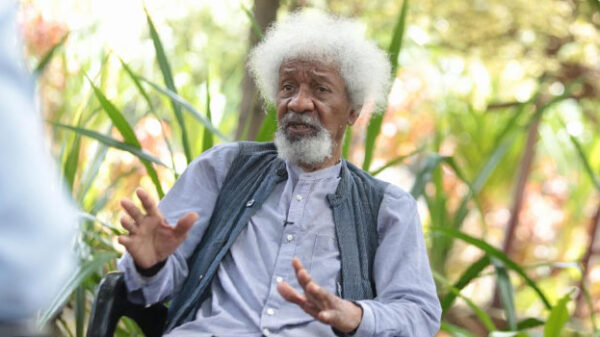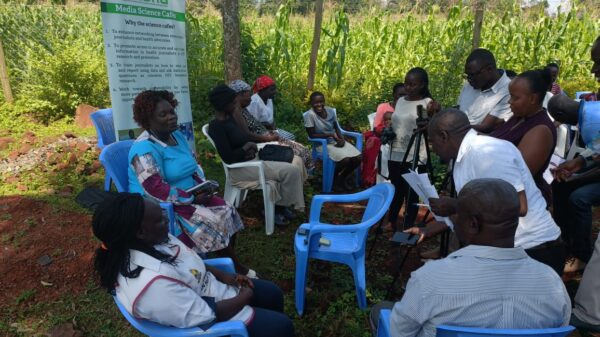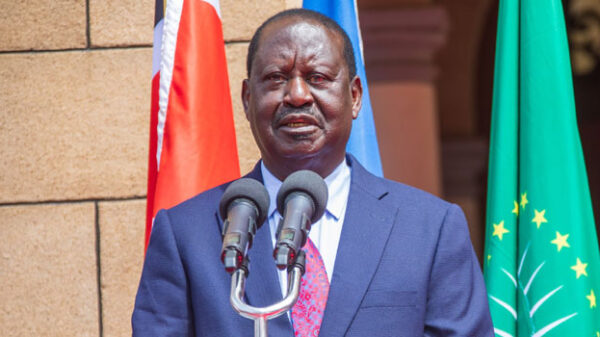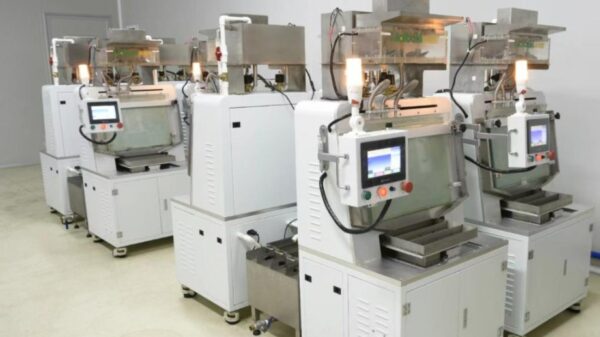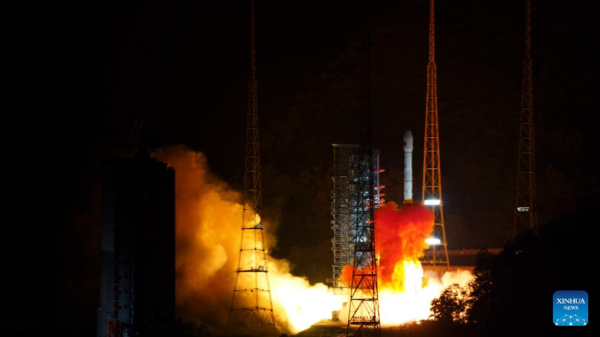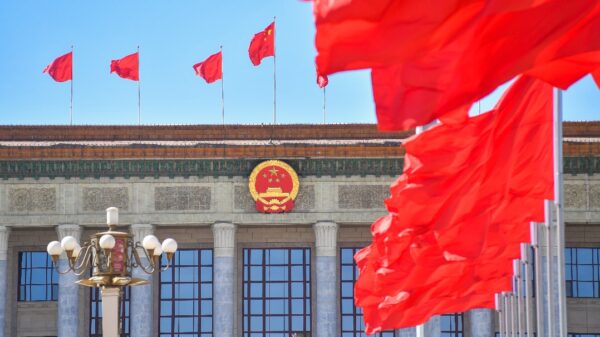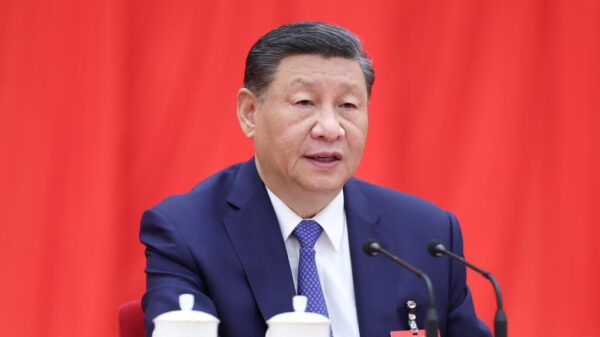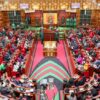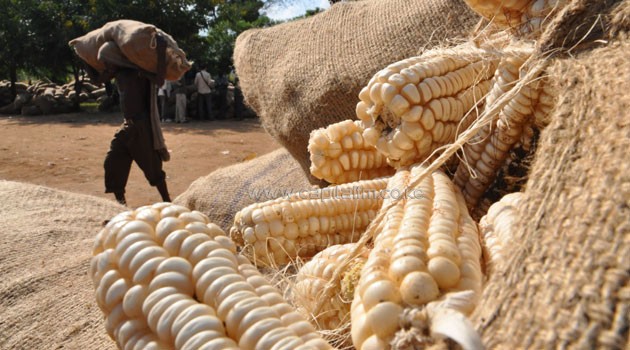
“Importing food is not a lasting solution; the solution lies in science and technology and finding ways on how to increase the food supply like those countries,” Wambugu explained.JEMI
NAIROBI, Kenya, Apr 25 – Campaigners for GMOs have upped their push for the government to hasten the lifting of the ban on Genetically Modified Organisms, saying it will resolve the current food insecurity in the country.
Africa Harvest Foundation Chief Executive Officer Florence Wambugu argued that importing food to meet shortage is not sustainable due to the cost implication.
“I strongly support the GM technology because it will help boost our food security. We have seen some senators and governors travelling to foreign countries to see their food sustainability techniques.”
“Importing food is not a lasting solution; the solution lies in science and technology and finding ways on how to increase the food supply like those countries,” Wambugu explained.
Speaking at a public hearing on food safety, Wambugu said that no single case of terminal illness has been directly linked to GMOs and asked the government to stop relying on false facts as argument for their ban.
“As a scientist I can confirm that no single case has been confirmed for cancer as a result of consuming the modified foods.”
“The government should instead bring on board the National Biosafety Authority to test the foods before they are allowed in the market instead of relying on false reports and banning all the foods based on it.”
“Why should Kenya have a ban while other African countries are greatly benefitting from the modified foods? They can feed their families and even export to other countries which will generate revenue,” she added.
The government’s position on GMOs in the past has been contradictory with Former President Mwai Kibaki’s government in 2011 permitting the importation of Genetically Modified maize for millers before banning it in November of 2012.
In January, Education, Science and Technology Cabinet Secretary Jacob Kaimenyi revealed plans by the government to lift a ban on Genetically Modified Organisms and commercialise them by year’s end.
Kaimenyi urged the authority to step up its efforts at sensitising Kenyans on GMOs.
“I urge the Authority to create more public awareness on Biosafety especially at this time when the country is preparing to commercialise GM products in Kenya. Many people in Kenya do not yet differentiate between a big tomato and a GMO,” he said.
The Principal Secretary for the Department of Science and Technology, Collette Suda, joined the Cabinet Secretary in urging the Authority to demystify GMOs as the Kenya Agricultural Research Institute prepares to launch genetically modified cotton into the Kenyan market.
“Some of the medicines being used in hospitals are also genetically engineered. Why is it that we have a lot of controversies in GM crops?” she posed.
The NBA Chief Executive Officer, Willy Tonui, sought to allay fears surrounding GMOs and called on the Executive to hasten the lifting of the ban on GMOs as scientist have been unable to conclusively establish a link between them and cancer.
“Resistance to GMOs is too much and it’s based on lack of evidence. NBA has provided them (the Executive) with evidence about GM foods so I think in future there’ll be need to reconsider the ban by lifting it and we hope that it’ll happen very soon,” he said.
He added his voice to that of various millers and scientists who argue that genetically modified maize would help Kenya achieve food security pointing out that countries such as Uganda and South Sudan have already embraced the technology.

